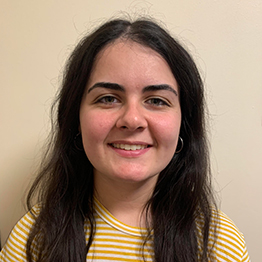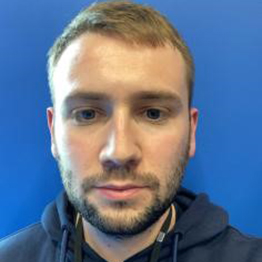Read about the current research projects within the School of Sport and Exercise Sciences.
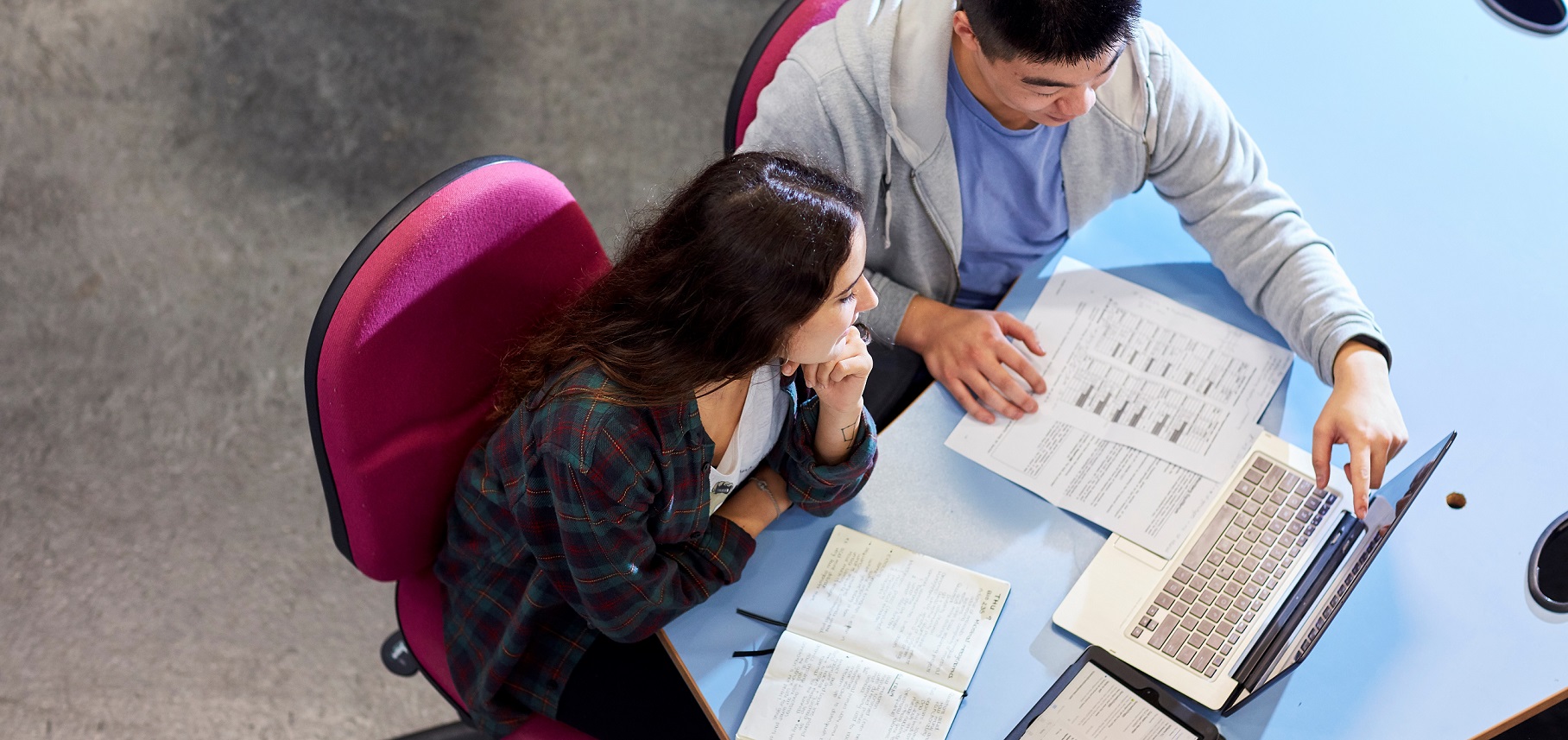
Sports Science Postgraduate Research Projects
Robyn Aitkenhead
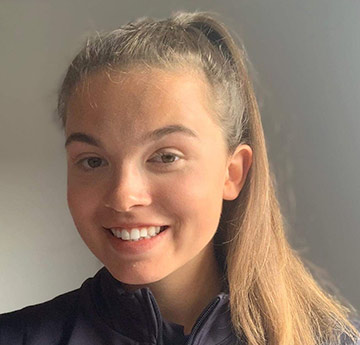
The effect of mineral rich Algae with and without plant-based protein supplementation on endurance exercise performance
It is recognised that a diet rich in minerals is essential for optimal health, which may translate into improved exercise tolerance or even sports performance. Minerals such as calcium and magnesium play a key role in several physiological and metabolic mechanisms, which if additionally supplemented, may lead to enhancements in exercise performance and tolerance. A mineral-rich algae species (Lithothamnion, branded supplement is ‘Aquamin’) has been identified as a bioactive natural source of calcium and magnesium, as well as 72 other trace minerals. Aquamin supplementation has presented positive effects on bone, joint and digestive health and can be added to the diet as a sustainable nutraceutical. However, no research has been conducted on its influence on exercise performance measures. The first study will investigate if supplementation of mineral rich algae will improve endurance performance, gut health and markers of post-exercise recovery. A further study will then explore the inclusion of plant-based protein.
Human Response to Prolonged Heat Exposure – Investigating Practical Strategies to Maintain Physical Health and Occupational Performance during Rapid Deployment
This project is looking at the cross-adaptation of two physiological stressors; Ischemic Preconditioning (IPC) and Heat Acclimation (HA). The beneficial effects of IPC on cardiovascular health including skin microvasculature, could be advantageous for connective and evaporative heat dissipation, so when combining IPC with HA, the cardiovascular, thermoregulatory, ventilatory and haematological adaptations of HA could be enhanced within a shorter time period.
Aimee Felstead
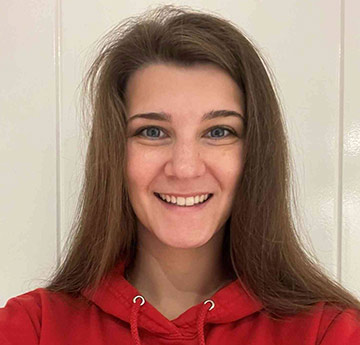
Sam Jones
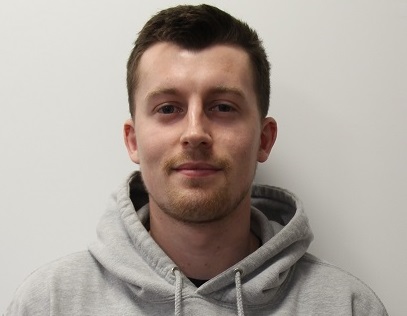
The application of advanced data analytics techniques to understand rowing technique and performance
The aim in rowing is to cover a set distance in the shortest time possible. Although racing occurs on water, rowing ergometers are commonly used for many purposes. Some athletes who perform well on an ergometer do not perform as well as might be expected when rowing on the water. This research project will use advanced data analytics techniques, such as functional data analysis and machine learning, to identify characteristic features of the on-water rowing technique that may help to explain differences in performance between on-water and ergometer rowing. (External partner: UK Sports Institute).
Building back healthier communities step-by-step: Walking Rugby as a means to improve metabolic and cardiovascular health in South Wales
As individuals age, there is an increased risk of developing of cardiometabolic diseases (i.e type II diabetes, cardiovascular disease and stroke) due to a range of factors such as increased central obesity and physical inactivity. However, the development or severity of these diseases can be reduced with increased physical activity. Walking rugby is a modified version of rugby, whereby the rules are adapted to allow members of the community to access and engage in regular physical activity. We hypothesis that a community-led initiative could result in the prevention of disease and resultant reduction of mortality within the population through health screening, targeted lifestyle advice and signposting high-risk individuals to primary health care professionals. Therefore, we aim to expand on the current understanding to promote self-management of care through health awareness, encouragement and support of the community (in particular walking rugby initiatives) to lead an active lifestyle with resultant benefits to well-being, and mental & cardiometabolic health.
Ben Bone

Alexandra Shaw

Transgender Athletes in Elite Sport
Current discussions surrounding elite sport have become increasingly related to the eligibility and inclusion of transgender athletes, specifically trans women. Present debates on this topic concentrate on how the inclusion of trans women in sport may lead to an intolerable unfairness and/or unsafeness for cis women. However, this has to be balanced with inclusion, as excluding a marginalised group from sport is detrimental to those individuals affected. This project will aim to understand a wide range of athletes (world-class, elite and sub-elite) and non-athletes (sports fans) on the debate around inclusion of transgender athletes in elite competitive sport and their belief and understanding towards this discussion. This will encompass, identifying any differences between different groups of athletes in regard to sport and athlete status (retired/current, world-class/elite/sub-elite) and will hopefully aid in supporting transgender inclusion policies.
The effect of reducing novel faster-acting insulin aspart vs insulin aspart dosing on blood glucose concentrations during exercise in type 1 diabetes
Our research aims to improve the management of type 1 diabetes around exercise. The current clinical research study investigates patient usage of novel vs current insulins around exercise and the interactions with nutrition and technology. By detailing these interactions, with a particular focus on the effects on blood glucose, we can provide information that helps shapes guidelines on performing exercise safely for people with type 1 diabetes.
Jason Pitt

Julia Cook

Using Intelligence and Investigations to Uncover Wrongdoing in Sport: Athlete and Policy Maker Perspectives
There is growing acknowledgement that intelligence and investigations are essential to address a now sophisticated approach to cheating in sport. This research aims to assess the ethics of intelligence and investigations within anti-doping and other integrity issues, such as competition manipulation. Investigations into these issues are conducted by integrity units and there are questions surrounding how well this approach works, the function of these integrity units, and the optimal practices, how athlete rights are being protected and notably whether sports integrity in its current form can justify the methods seen used within investigations.
Engagement and participation in the elite women's rugby pathway in England
In partnership with England Rugby, this project aims to investigate the facilitators and barriers to women and girls’ participation in rugby, with a particular focus on the elite women’s pathway in England. Understanding why women and girls play rugby, as well as identifying potential barriers, is incredibly important when considering the growth of women’s rugby in the past year, especially in England, with the Red Roses achieving record crowds and feats. It is essential that we understand why women and girls play rugby, what factors act as a facilitator or barrier, and establish how we can make the rugby pathway more accessible. With the strategy of the RFU to increase female player participation from the recorded 40,000 in 2021, to 100,000 by 2027, it is integral that the RFU gains an understanding of where investment is most efficiently distributed so that support is allocated to the areas of the game which elicit optimal growth, development, and utilization of resources.
Kirsten Flower
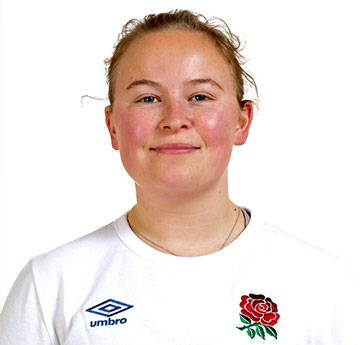
Erwan Izri
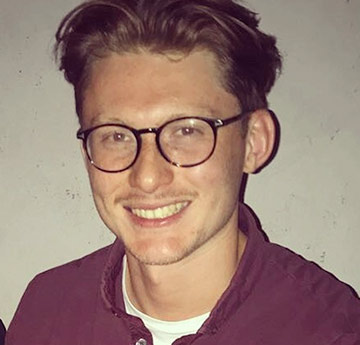
Optimising data processing methods for the application of instrumented-mouthguards in sport
Instrumented mouthguards (iMGs) contain an inertial measurement unit embedded within a gumshield, which typically consist of a linear accelerometer and gyroscope. IMGs are worn by sportspeople, particularly in collision-based sports such as rugby, and allow the live measurement of the linear and angular accelerations imparted to the head during sporting movements occurring in training sessions and competition. The ability to measure these so called ‘head acceleration events’ is important, as they are considered to be a risk factor for brain injuries, such as concussion, and have implications for long-term player welfare. They also provide information about the collision-specific workload of a player, something that locomotive-based measurement systems, such as GPS devices, are less suited towards. There are various ways to quantify and report these head acceleration events, and various data processing steps are required to translate raw signals measured on the mouthguard into actionable data for end-users. The accurate processing and reporting of these data are therefore important, as different processing steps may result in different reported values; consistency is thus needed amongst iMG manufacturers and researchers to ensure that data are valid, reliable, and comparable across individuals and contexts. This project therefore aims to explore methods of processing the iMG data for applications in various sports, such as rugby and boxing, to minimise the 'noise' and maximise the reporting of ‘true’ signals that represent what has happened. This is essential in order to obtain high quality data which will provide greater confidence for subsequent interpretation and can inform training practices and load monitoring in sport. (External partner: Sports and Wellbeing Analytics)
Tackling in school rugby: evaluating methods to enhance safety and enjoyment
I am evaluating the Lions Sports Academy junior rugby tackle programme with school children. I am be using a mixed-methods approach to understand if the tackle programme improves; rugby tackle technique assessed through video analysis, physical competency assessed through a plethora of fitness tests and confidence when tackling through questionnaires and focus groups.
Robert Owen

Siqi Jin

Device-based measures of physical activity and movement quality in children
Our project focuses on monitoring and improving children's motor abilities by using accelerometers. Our participants include typically developing children, children with suspected poor motor proficiency as well as children diagnosed as movement difficulties. Our research hope that we are able to provide further insight into the different lifestyle between the three groups of children, utilise measures to quantify and qualify the effect of a training programme for teachers on the quality of movement (physical literacy) of children, and identify quality of movement using biomechanical indicators for children with poor motor proficiency and relate these to accelerometer signals captured in the field.
IACHUS - Bridgend Project: Improving Attainment and Activity by Enriching Children's Health and Wellbeing in the Community and in Schools across Bridgend
Partner company: Active Young People Department (AYPD) at Bridgend County Borough Council.
I am working alongside the AYPD to create a sustainable method for collecting health and wellbeing data from primary schools. The data that I collect (including fitness, physical activity, physical competence and emotional wellbeing) will be used to analyse intervention effectiveness across several schools. The AYPD will use this data to create school and community programmes to improve children’s health and wellbeing in Bridgend.
Amie Richards
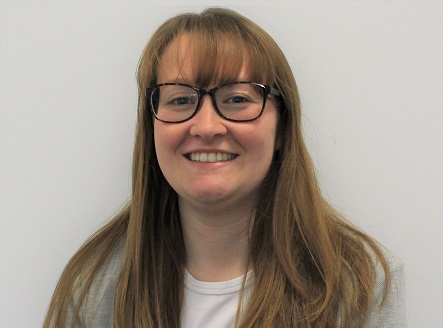
Kathryn Ann Jordan
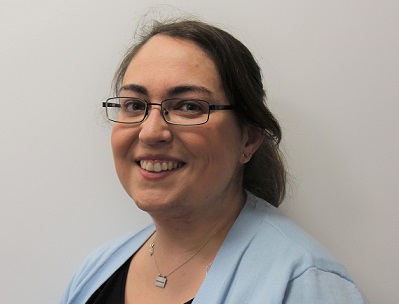
Delivering Air Quality Specific Nudges to Help Increase Physical Activity and Reduce Asthma Attacks in Children
Through my research, I will be conducting formative work that will ultimately inform the development of an intelligent app.
The aim is to provide personalised nudges according to local air pollution, to promote physical activity in youth diagnosed with Asthma. We must first establish an accurate understanding of levels of physical activity in those diagnosed with Asthma, and identify the key barriers they face in increasing their physical activity levels, if we are to engage children successfully.

